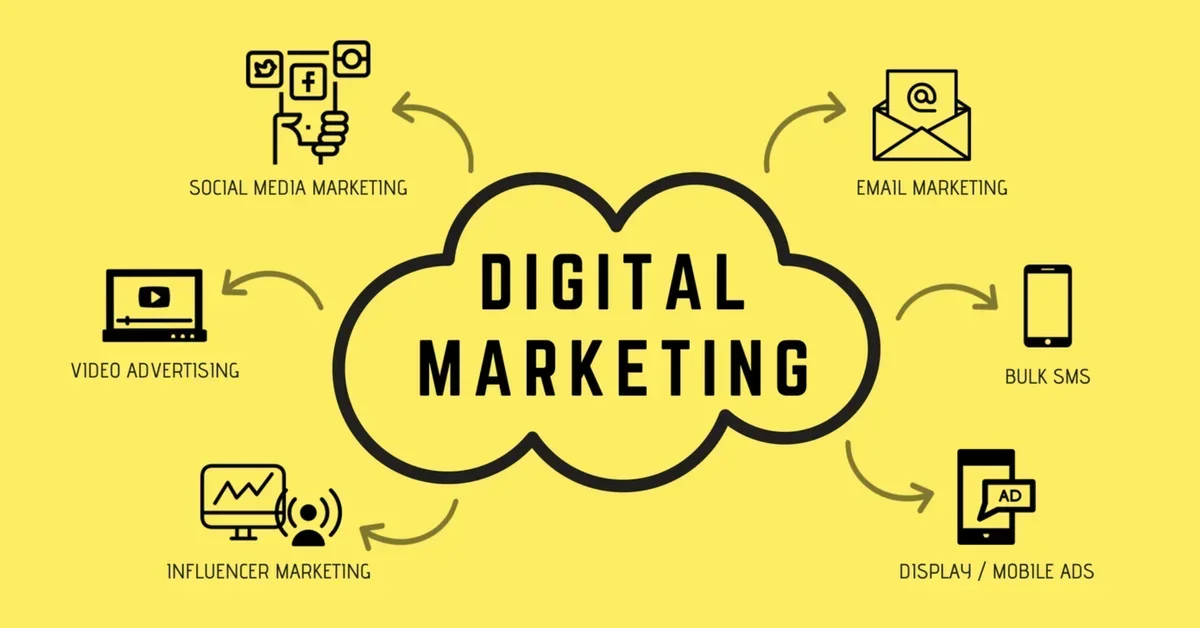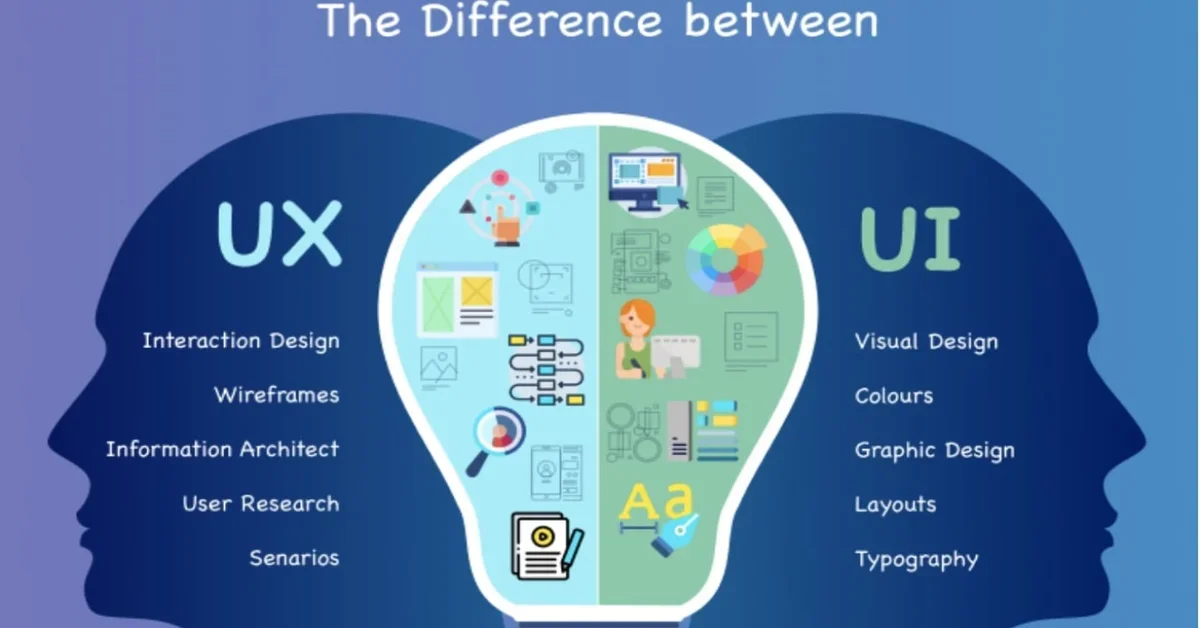
Digital Marketing: The Key to Success in the Online World
In today's digital age, businesses are increasingly relying on the power of the internet to reach their target audience and drive growth. Digital marketing has become an essential component of modern business strategies, allowing brands to engage with potential customers, build relationships, and ultimately increase revenue. But what exactly is digital marketing, and why is it so important?
What is Digital Marketing?
Digital marketing refers to the use of digital channels such as websites, social media, email, search engines, and mobile apps to promote products, services, or brands. Unlike traditional marketing, which relies on offline media like TV, print, and radio, digital marketing takes place in the online space, allowing businesses to connect with consumers at any time and from anywhere.
There are several key components of digital marketing, each of which plays a unique role in helping businesses achieve their goals. These include:
- Search Engine Optimization (SEO): SEO is the process of optimizing a website so that it ranks higher on search engine results pages (SERPs). The higher a website ranks, the more likely it is to attract organic traffic. SEO involves both on-page (e.g., content optimization) and off-page (e.g., backlink building) strategies to improve visibility and search engine rankings.
- Content Marketing: Content marketing focuses on creating valuable, relevant, and consistent content to attract and engage a target audience. This content can take many forms, including blog posts, videos, infographics, eBooks, and more. By providing useful information to consumers, businesses can build trust and establish themselves as industry leaders.
- Social Media Marketing: Social media marketing involves promoting products, services, or brands through social media platforms such as Facebook, Instagram, Twitter, and LinkedIn. Social media allows businesses to interact directly with customers, share content, run targeted ads, and engage in conversations that help build brand loyalty.
- Email Marketing: Email marketing is a direct way of reaching consumers by sending personalized messages to their inbox. Whether it's newsletters, promotional offers, or transactional emails, email marketing is a powerful tool for nurturing relationships with existing customers and attracting new ones.
- Pay-Per-Click (PPC) Advertising: PPC is a form of paid advertising where businesses pay for each click on their ads. This includes search engine ads (e.g., Google Ads) and display ads on websites and social media platforms. PPC campaigns are highly targeted, allowing businesses to reach specific demographics and track their return on investment (ROI).
- Affiliate Marketing: Affiliate marketing involves partnering with individuals or businesses (affiliates) who promote your products or services in exchange for a commission on sales. This performance-based marketing strategy allows businesses to reach a wider audience and only pay for actual conversions.
- Online Public Relations (PR): Online PR focuses on managing a brand's reputation in the digital space. This involves working with online influencers, bloggers, and media outlets to generate positive coverage, respond to customer feedback, and address any negative publicity.
- Influencer Marketing: Influencer marketing leverages the popularity of social media influencers to promote products or services to their followers. By partnering with influencers who have a large and engaged audience, brands can increase their reach and gain credibility through endorsements from trusted figures.
- Video Marketing: Video marketing uses video content to promote products or services. Platforms like YouTube, Instagram, and TikTok have made video an integral part of marketing strategies. Video content can range from product demos and tutorials to behind-the-scenes footage and customer testimonials.
The Importance of Digital Marketing
- Wider Reach: Traditional marketing methods are limited by geographic boundaries, whereas digital marketing allows businesses to reach a global audience. Through digital channels, companies can target consumers in any part of the world, making it easier to expand their reach and grow their customer base.
- Cost-Effectiveness: Compared to traditional marketing, digital marketing is often more affordable. For example, running an online ad campaign can cost a fraction of what it would cost to run a TV commercial. Digital marketing also allows for better targeting, ensuring that marketing efforts are focused on the right audience, which leads to higher conversion rates and better ROI.
- Measurable Results: One of the key advantages of digital marketing is the ability to track and measure campaign performance. With tools like Google Analytics and social media insights, businesses can monitor website traffic, user behavior, and conversion rates in real time. This data-driven approach helps marketers make informed decisions and optimize campaigns for better results.
- Personalization: Digital marketing enables businesses to deliver personalized experiences to customers. With the help of data analytics, companies can track consumer preferences, interests, and behaviors, allowing them to tailor marketing messages to specific individuals. Personalized marketing has been shown to increase engagement and drive customer loyalty.
- Engagement and Interaction: Social media platforms, emails, and other digital channels allow businesses to engage with customers in real time. This interaction helps build stronger relationships, gather valuable feedback, and address customer concerns promptly, leading to higher customer satisfaction and retention.
Challenges in Digital Marketing
While digital marketing offers many benefits, there are also challenges that businesses need to address:
- Increasing Competition: As more businesses move online, the competition for consumer attention is growing. Companies must differentiate themselves by offering unique value propositions, creating high-quality content, and maintaining an active online presence.
- Changing Algorithms: Search engines and social media platforms frequently update their algorithms, which can affect a brand's visibility. Staying up to date with these changes and adapting strategies accordingly is essential to maintaining online success.
- Privacy Concerns: With the growing concerns over data privacy, businesses must ensure they comply with regulations such as GDPR (General Data Protection Regulation). Transparency and ethical data practices are key to maintaining consumer trust.
- Technology Dependence: Digital marketing relies heavily on technology, and businesses must stay updated with the latest tools and trends. This can be challenging for companies that lack the resources to invest in new technologies.
Conclusion
Digital marketing is a dynamic and essential part of any modern business strategy. By leveraging the power of digital channels, businesses can reach a global audience, engage with customers, and drive growth in a cost-effective and measurable way. While there are challenges, the benefits far outweigh the risks, making digital marketing a must-have for businesses of all sizes. To stay competitive in today's digital world, businesses must embrace digital marketing and continually adapt to the evolving landscape.
Comments (0)
No comments yet. Be the first to comment!
Leave a Comment
Related Posts

Strategi Marketing Digital Efektif untuk Meningkatkan Brand Awareness di 2025
admin • Jul 22, 2025